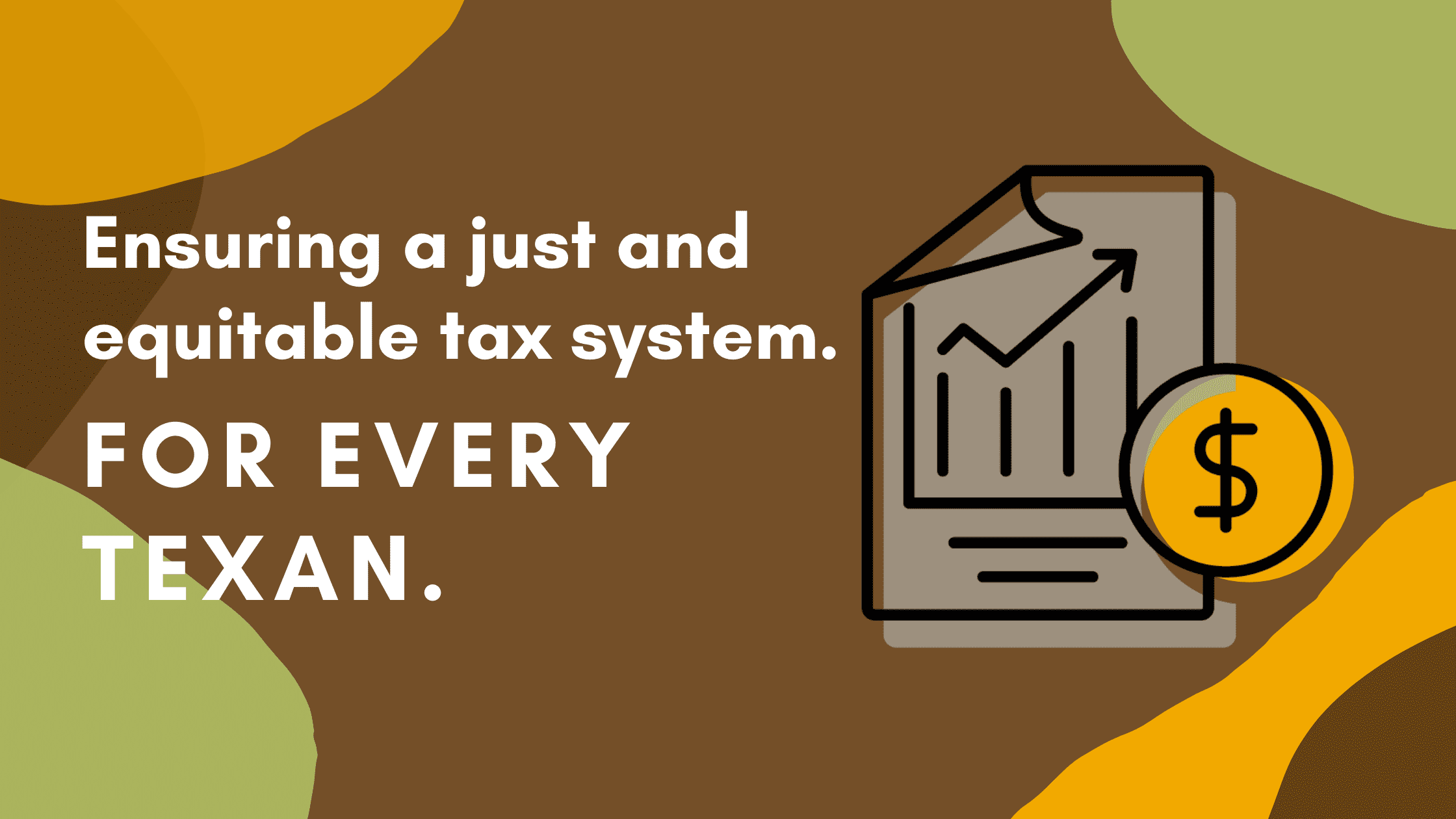
Texans rely on each other to provide public schools for all children, to ensure that no matter what we look like or where we come from, we all can pursue our dreams. The Chapter 313 school property tax abatement program allows corporations to avoid contributing the full amount they owe to our schools, denying Texans better-funded higher education, health and social services, and public safety.
We came together in May to oppose efforts to extend Chapter 313, which will expire at the end of 2022. In doing so, we relied on data collected by the Comptroller from companies benefitting from Chapter 313 tax breaks. For instance, the Legislative Budget Board used this data to estimate the enormous costs of a ten-year extension through 2049, an important factor in our decision to oppose any extension. Using the Comptroller’s Texan Economic Development Act Chapter 313 Summary Data, we were able to calculate the unreasonably high cost of each job attributed to the Chapter 313 special treatment. And the Comptroller’s Tax Exemption & Tax Incidence report highlighted that the revenue giveaways of Chapter 313 abatements go to out-of-state shareholders and a few of the wealthiest Texans, rather than improving the public services that our organizations strongly support.
Although Chapter 313 may expire, its misallocation of state resources will continue for many decades, impairing Texas’ ability to fund higher priorities and create a stronger state for the next generation. In addition, companies are expected to submit a flood of applications in the next year, trying to take advantage of these lucrative tax breaks while they are still available. This expected explosion in the number of agreements will make any prior cost projections obsolete.
Shockingly, the Comptroller now proposes to radically reduce the information collected from beneficiary companies. Instead, companies will report only the actual data for the past two years, eliminating all other historical reporting and projections of future property values, the amount of foregone tax revenue, and payments to school districts. In addition, job creation and wage data that is currently collected by school districts, then forwarded to the Comptroller for posting on the state’s website, would be retained by the district and not posted.
If this sweeping cutback is adopted, the data needed to accurately evaluate the future ongoing drain on school property tax revenue will no longer be available. The Legislature, the media, the public, and organizations such as ours will be deprived of a full and accurate picture of Texas’ fiscal capacity. We ask the Comptroller to continue to collect and publish the information needed to fully evaluate the Chapter 313 program into the future.
View this letter as a PDF here.
For more information contact Every Texan Senior Fiscal Analyst Dick Lavine: lavine@everytexan.org, 512-636-8814.
